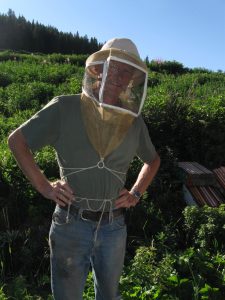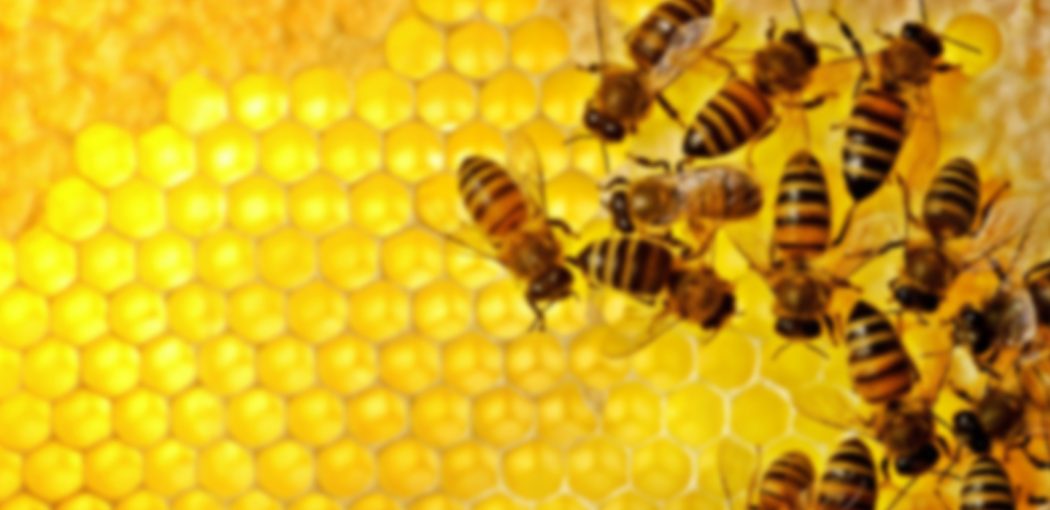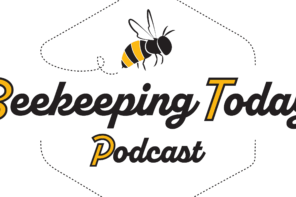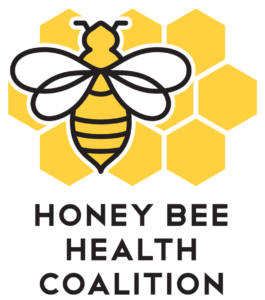 By: Ed Colby
By: Ed Colby
Our Place In The Cosmos
In the wee hours, I turned to my gal Marilyn. “Can’t sleep,” I confided. “I have too many bees. I don’t have enough honey supers. I don’t have enough time. I’m still three years behind on taxes. I never should have bought that yard from Paul.”
She said, “It’s all going to work out, Ed. There was this astrophysicist on the radio today. He reported that the New Horizons space probe took ten years to get to Pluto, at 36,000 miles an hour. At this speed, to travel from one star to another in our galaxy would take a hundred centuries. The universe is really big!
“So interstellar travel isn’t so practical at 36,000 miles an hour. But there are these worm holes that are related to black holes. Worm holes suck matter out of one part of the universe and spit it out in another. Slipping into a worm hole might be a way to get really far away.
“In black holes, gravity is so intense and matter is so compressed, they think that time and space switch, so that you can’t move through space but you can move through time. However, if you fell into a black hole feet first, your feet would start falling faster than your head, so you would break apart, over and over, until you were infinitesimally smashed up.
“Last February space observers reported that two black holes got sucked into each other’s gravitation fields and collided, sending ripples through the fabric of space-time. Einstein predicted this, but we’d never seen it before.”
Lying there next to my very own amateur space expert at 3 a.m., I suddenly got goose bumps. “What does it all mean, Dearest?” I queried.
She likes to call me Lalo, a Mexican nickname for Ed. “Lalo, it means our earthly concerns really aren’t that important, and that means everything is all right. Don’t worry about those honey supers.”
This is one way of looking at things. I closed my eyes and slept like a saint, but when our old red rooster crowed, the interstellar magic vanished.
I needed at least 100 supers and frames to go in them. I got some prices for supers, unassembled, assembled, painted, unpainted, pine, cedar, with and without foundation, budget and commercial grades. Don’t forget shipping. It wasn’t pretty.
Look, I didn’t have time to nail together supers, but you do what you have to do. In a way, pre-assembled, pre-painted made sense, but there remained the issue of all that foundation. I needed to integrate it with my stockpile of drawn comb. If you pull three combs out of a super and replace them with foundation, bees on a good honey flow will generally draw that foundation, no problem. So if you already have 200 supers with nine frames of drawn comb in each, and you acquire 100 supers and 900 frames of foundation, you can fill 300 supers with six frames of drawn comb and three frames of foundation. That’s the math, and that’s the way I like to do it.
Except I didn’t have 200 supers. I had 162 left in the barn, and some already had undrawn foundation. I was unhappy with my situation, my pathetically insignificant station in the universe notwithstanding. I kicked myself for poor planning.
There’s a way around almost everything. If you don’t see it, it’s generally because you’re trying too hard and missing what’s under your nose.
I remembered that Tom in Boulder was downsizing his operation. When I called to inquire if he might have some supers for sale, he said, “About a hundred.” With drawn comb. When he shot me a price, I said, “That’s a steal.”
All I had to do was pick them up in Boulder.
Today Marilyn takes the train to Granby for a family anniversary. The Colorado state bee meeting is in Silt, just down the road, tomorrow. The plan is for me to skip the afternoon bee talks and drive my 1983 one-ton flatbed Ford three hours to Granby to meet up with Marilyn and join in the festivities. Then, the next day, flash my senior National Parks pass, drive over Trail Ridge Road in Rocky Mountain Park, and head into Boulder from the north.
This is not a misprint. We’re driving a 33-year-old truck over the Continental Divide to pick up those honey supers.
Yesterday I crawled under the beast and found a length of rotten fuel hose. It broke like a pretzel in my hand. I’m so glad I looked!
I’m not the only one working on vehicles around here. The other day a honey customer said he’d stop by on his Harley. I said, “If you see two legs sticking out from under a red Saturn, that’s Marilyn pulling her starter. You can sit in the shade next to her, drink iced tea, and hand her tools.”
He said, “Marilyn works on cars? Now that’s my kind of woman!”
“Mine, too,” I confided. I never told him she knows about worm holes, too.
Ed Colby practices beekeeping in Aspen Mountain, Colorado, where he lives with his partner, Marilyn.









